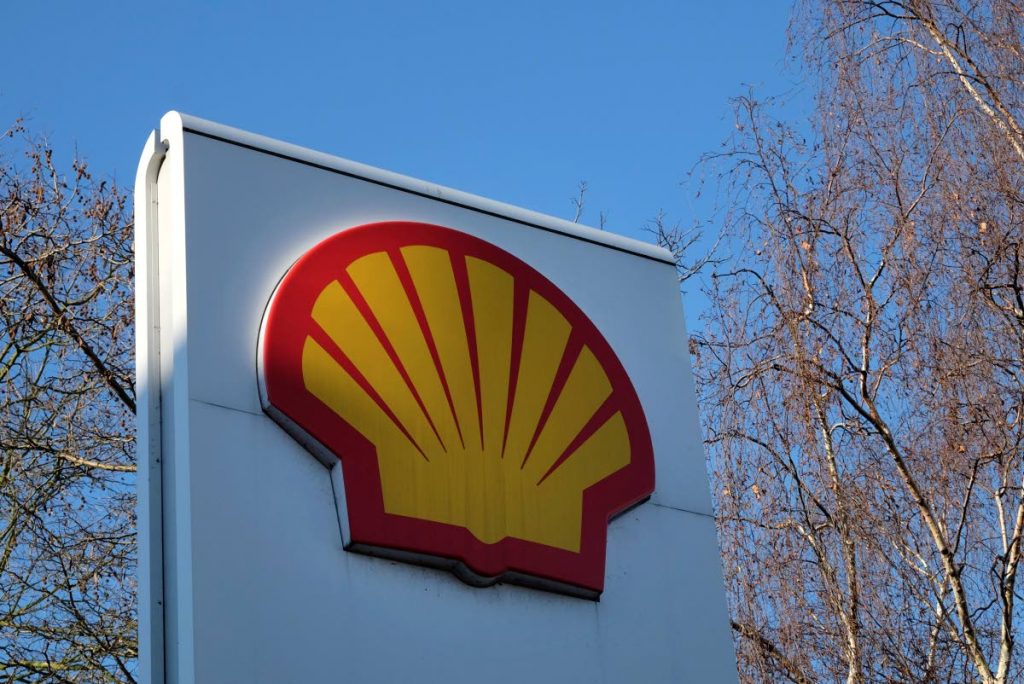TT energy investor Shell to cut up to 9,000 jobs worldwide

Energy giant Royal Dutch Shell plans to cut anywhere from 7,000 to 9,000 jobs worldwide by 2022, as the Netherlands-based group restructures post-covid19.
In a statement Wednesday, Shell’s CEO Ben van Beurden said the layoffs would be an extremely tough process, but one it must do “because it is the right thing to do for the future of the company.”
“We have to be a simpler, more streamlined, more competitive organisation that is more nimble and able to respond to customers,” he said.
Van Beurden said Shell is looking at cutting costs, like travel and contractors, while looking at other opportunities, like virtual working. “Covid19 has shown we can work very effectively in ways we did not think we were ready for yet. But a large part of the cost saving for Shell will come from having fewer people.”
He said the exact figure was unclear because details are still being worked out and the company didn’t have a target to reduce a particular number of jobs. “We can say that, because of the efficiencies we expect to gain, we will reduce between 7,000 and 9,000 jobs by the end of 2022. This includes around 1,500 people who have already agreed to take voluntary redundancy this year, but excludes any who may leave Shell because of divestments. Along with the other measures we will take, we should achieve a sustainable annual cost saving of between $2-2.5 billion.”
The impact of Shell’s decision on TT’s operations is unclear. Shell is one of the major energy operators in TT and the biggest shareholder in Atlantic LNG. Shell did not immediately respond to Newsday’s questions about how these decisions would affect local operations. In June BP, the largest energy operator in TT, announced it would be cutting 10,000 jobs globally; in September, it was reported that the company would cut 25 per cent of its TT staff.
Shell has already set a target to be carbon neutral (net-zero emissions) by 2050. “Tackling climate change is mainly about the use of energy. Currently, about 85 per cent of our carbon footprint comes from our customers’ emissions when they use our products. That is where the real challenge is. So, we have to have a role in helping our customers decarbonise,” Van Beurden said.
It is a big mission, he said, and the company already has the relevant skills to complete it. “Many people think of us as a company that is good at finding oil and gas and bringing it to the surface. But that is just one part of what we do. We have many more people working with markets, with customers, trading around the world, seizing opportunities, developing new products, innovating together with other people on supply issues, and much more too.”
In practical terms, Van Beurden said the company’s traditional business will be more focused. “Upstream – the part of Shell that deals with exploring for and producing oil and gas – will be run to ensure a strong flow of cash to Shell. We will continue to invest, but it will not be about how many barrels of oil, or cubic feet of gas, upstream produces, but how much it adds to the bottom line. The projects we invest in will be highly valuable. Upstream will be critical to Shell as we change – we need it to be very successful, so we have the financial strength to invest further in our lower-carbon products.”
Refining will also be refocused. It will be smaller but smarter, he said. “We will keep only what is strategically essential to us and integrate those refineries with our chemicals business, which we plan to grow. We will keep sites in key locations which have the flexibility to adapt. It is also worth noting that, if we want to be a large player in biofuels, a lot of the biofuel capability will be built within our refining infrastructure. We will end up with fewer than 10 refineries, compared to 55 around 15 years ago, but they will be set up to serve the changing needs of society.”
Integrated gas will have a bigger focus on unlocking markets and focusing on the customers’ specific needs.
Away from the traditional businesses, Van Beurden said there will also be a need to create new business models, new markets, and new customers for the low-carbon products the company wants to sell. “So the new, reshaped Shell will be set up to do that, with a strong focus on helping customers decarbonise and organised around the sectors in which we have customers, like aviation, like shipping, like heavy-duty road transport,” he said.


Comments
"TT energy investor Shell to cut up to 9,000 jobs worldwide"